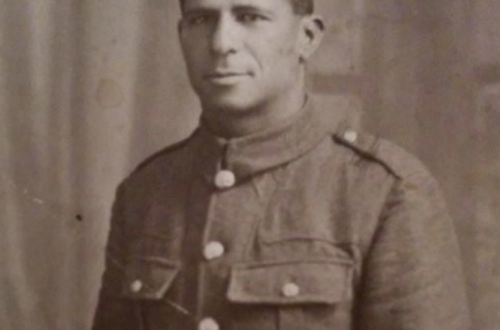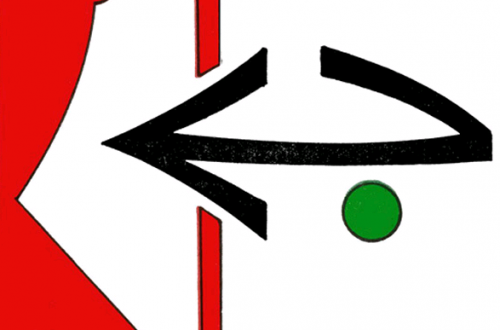This is a guest post by Michael Weiss, executive director of Just Journalism.
I’ve a new piece at Slate on the many accomplishments of the Palestinian Prime Minister Salam Fayyad, who, as Just Journalism found in a recent special report, gets next to no coverage in UK broadsheets. Our report here, full article here.
Given the deadly confrontation off the coast of Gaza, the recent froideur in U.S.-Israeli relations, Iran’s defiant pursuit of a nuclear weapon, not to mention two ongoing wars in Iraq and Afghanistan and the broader fight against al-Qaida, it’s perhaps forgivable that the biggest news story to emerge from the Middle East in years has been eclipsed. But no one can accuse the Palestinian prime minister of neglecting to call attention to himself.
Since his appointment as prime minister of the Palestinian National Authority in 2007, following the Fatah-Hamas civil war that led to Hamas’ takeover of Gaza, Salam Fayyad has completely transformed the West Bank from an immiserated backwater into a thriving, integrated society. Ramallah, the capital, where not too long ago Yasser Arafat’s compound was encircled by IDF tanks, now resembles an embryonic Tel Aviv, featuring state-of-the-art office buildings, expensive boutiques and shopping malls, and ads for imported luxury goods. The casbahs of Nablus, once the cynosure for the second intifada, are busier than ever, and one can even mark the improved quality of life by the criminal indicators: This year Nablus saw its first arrest for drunken driving. Better that than suicide bombings.
Urban revivification is impressive under normal circumstances, but in the face of a global recession and a regional occupation, it’s extraordinary. The West Bank’s economy grew by 8.5 percent in 2009 and is expected to grow an additional 5 percent to 7 percent this year. Meanwhile, the Palestinian security forces have been refashioned, thanks largely to U.S. training, from a ragtag assortment of ideologically promiscuous mercenaries into a professionalized police corps whose effectiveness at keeping the peace is proved by Israel’s willingness to dismantle roadblocks and checkpoints.
Ask any Israeli how this is being achieved, and he’ll point to Fayyad, a University of Texas-educated former World Bank economist whose technocratic style is a welcome counterpoint in a world more accustomed to violent utopianism unburdened by the expectation of material progress. Fayyad’s own political independence helps—he ran unsuccessfully for the PA Legislative Council in 2006 in the so-called Third Way Party, which polled a meager 2.6 percent—as does his shrewd positioning within Israeli society. He has outed himself as an agnostic on the crucial question of Israel’s self-designation as a “Jewish state,” and he has said publicly that a future Palestine would allow full citizenship to Jews. An easy presence on both sides of the Green Line, Fayyad’s stature with his Israeli counterparts is famous. When Ariel Sharon was still Israeli prime minister, Fayyad sat next to him at a wedding and chatted comfortably about the chuppah, or Jewish nuptial canopy.


